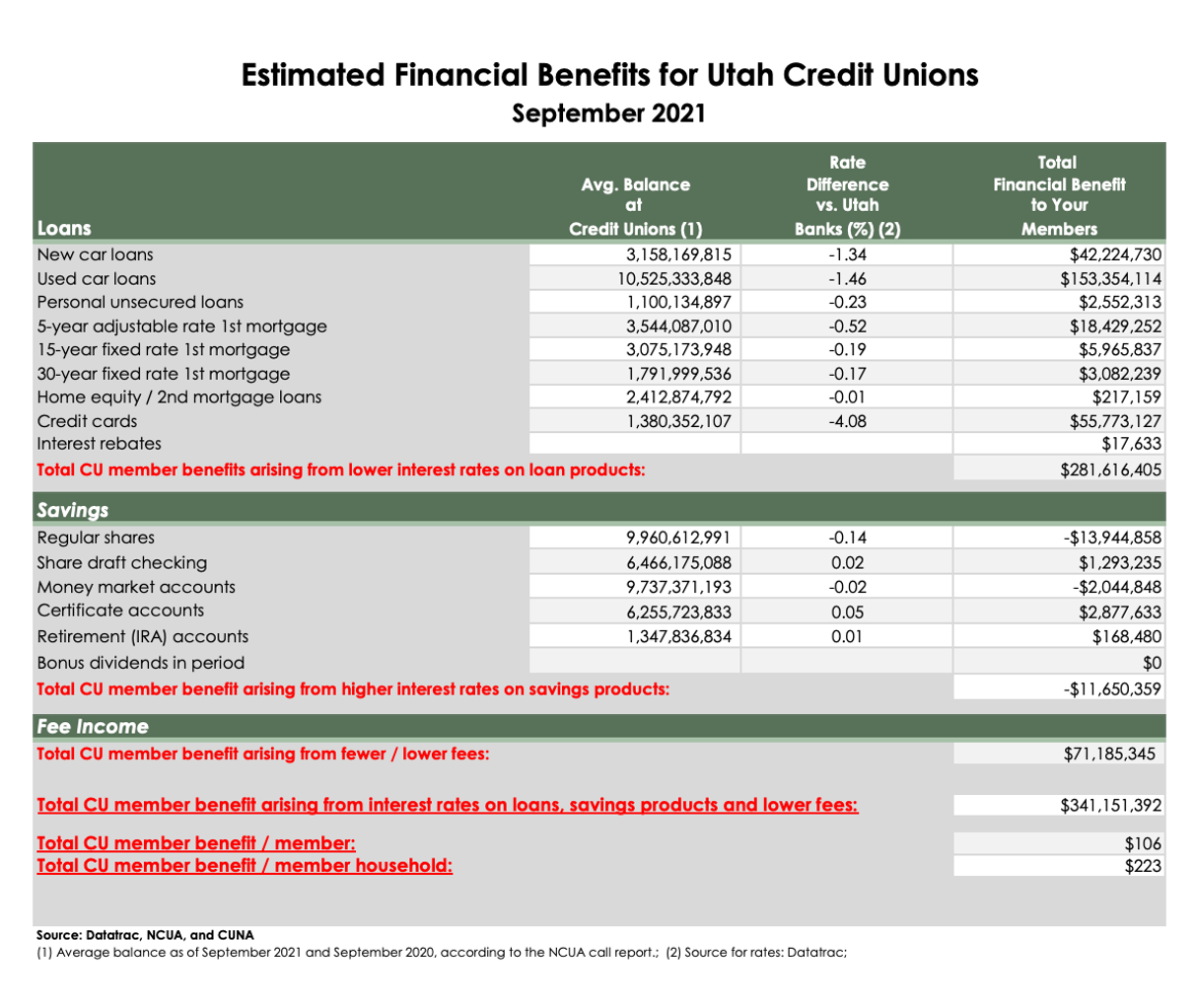Wyoming Credit Union: Trusted Financial Solutions for every single Need
The Ultimate Overview to Recognizing Cooperative Credit Union

Credit history unions stand as one-of-a-kind financial entities, rooted in concepts of common support and member-driven operations. As we navigate with the ins and outs of credit rating unions, an insightful journey awaits to shed light on these member-focused institutions and how they differ from traditional financial institutions.
What Are Lending Institution?
Cooperative credit union are member-owned banks that use a variety of financial solutions to their participants. Unlike standard banks, credit unions run as not-for-profit companies, indicating their primary emphasis gets on serving their members instead of maximizing earnings. Participants of a cooperative credit union normally share a common bond, such as benefiting the exact same employer, belonging to the same area, or belonging to the very same organization.
One of the crucial advantages of lending institution is that they typically supply greater rate of interest on interest-bearing accounts and reduced passion rates on fundings contrasted to financial institutions. Hybrid Line of Credit. This is since cooperative credit union are structured to benefit their members directly, allowing them to hand down their earnings in the form of better rates and fewer fees. In addition, credit scores unions are understood for their customized customer care, as they prioritize building relationships with their members to understand their one-of-a-kind economic demands and goals
History and Advancement of Cooperative Credit Union
The roots of member-owned monetary cooperatives, known today as lending institution, trace back to a time when neighborhoods sought alternatives to typical financial organizations. The idea of cooperative credit union come from the 19th century in Europe, with Friedrich Wilhelm Raiffeisen frequently attributed as the pioneer of the cooperative financial movement. Raiffeisen started the very first recognized cooperative credit union in Germany in the mid-1800s, stressing neighborhood assistance and self-help principles.
The advancement of lending institution continued in The United States and Canada, where Alphonse Desjardins established the first debt union in Canada in 1900. Soon after, in 1909, the initial U.S. cooperative credit union was created in New Hampshire by a group of Franco-American immigrants. These very early cooperative credit union operated the fundamental concepts of common support, autonomous control, and member ownership.
With time, lending institution have expanded in appeal worldwide due to their not-for-profit structure, concentrate on offering participants, and offering competitive financial items and solutions. Today, cooperative credit union play an essential role in the financial sector, offering community-oriented and accessible banking choices for businesses and individuals alike.

Membership and Qualification Criteria
Membership at a credit rating union is usually weblink restricted to people fulfilling specific eligibility standards based on the establishment's starting principles and governing demands. Some credit scores unions may just serve people that work or live in a particular location, while others may be customized to employees of a specific company or participants of a specific association.
Furthermore, cooperative credit union are structured as not-for-profit organizations, indicating that their primary objective is to serve their participants as opposed to produce earnings for shareholders. This concentrate on member solution frequently converts into even more tailored attention, reduced costs, and competitive rate of interest on cost savings and loans accounts. By satisfying the eligibility requirements and coming to be a member of a cooperative credit union, people can access a range of economic product or services customized to their specific needs.
Solutions and Products Supplied
One of the crucial elements that sets credit scores unions apart is the diverse array of economic solutions and products they supply to their participants. Debt unions typically give standard banking solutions such as cost savings and checking accounts, lendings, and credit scores cards.
Moreover, lending institution usually supply convenient online and mobile financial options for participants to easily handle their financial resources. They might provide rewards such as shared branching, allowing members to access their accounts at various other cooperative credit union across the nation. Some credit scores unions additionally offer insurance items like automobile, life, and home insurance to assist participants protect their properties and loved ones.

Benefits of Banking With Credit Unions
When taking into consideration banks, exploring the advantages of financial with credit scores unions discloses distinct advantages for participants looking for customized solution and affordable rates. One considerable benefit of lending institution is their focus on tailored customer support. Unlike big financial institutions, lending institution are member-owned and focus on building strong connections with their participants. This suggests that credit scores union personnel often have a deeper understanding of their members' monetary requirements and can supply customized remedies to help them achieve their goals. Furthermore, cooperative credit union are known for offering affordable rates of interest on financial savings and lendings accounts. Because they are not-for-profit organizations, credit history unions can commonly supply reduced finance prices, higher savings prices, and reduced charges compared to traditional financial institutions. This can cause considerable cost financial savings for participants with time. On the whole, banking with a cooperative credit union can provide a more personalized, cost-effective, and member-centric economic experience.
Final Thought
In final thought, credit rating unions stand out as member-owned financial institutions that prioritize offering their participants over making the most of profits. With origins dating back to 19th century Europe, credit rating unions follow concepts of common help and member ownership.
Credit scores unions are member-owned financial establishments that supply a variety of banking solutions to their participants. The concept of credit scores unions originated in the 19th century in Europe, with Friedrich Wilhelm Raiffeisen often attributed as the pioneer of the cooperative financial movement.The evolution of credit unions proceeded in North America, where Alphonse Desjardins established the initial debt union in Canada in 1900. Credit score unions normally offer typical financial services such as financial savings and checking accounts, lendings, and credit rating cards.When taking into consideration monetary institutions, discovering the advantages of financial with credit scores unions discloses unique advantages for participants seeking personalized service and affordable prices.